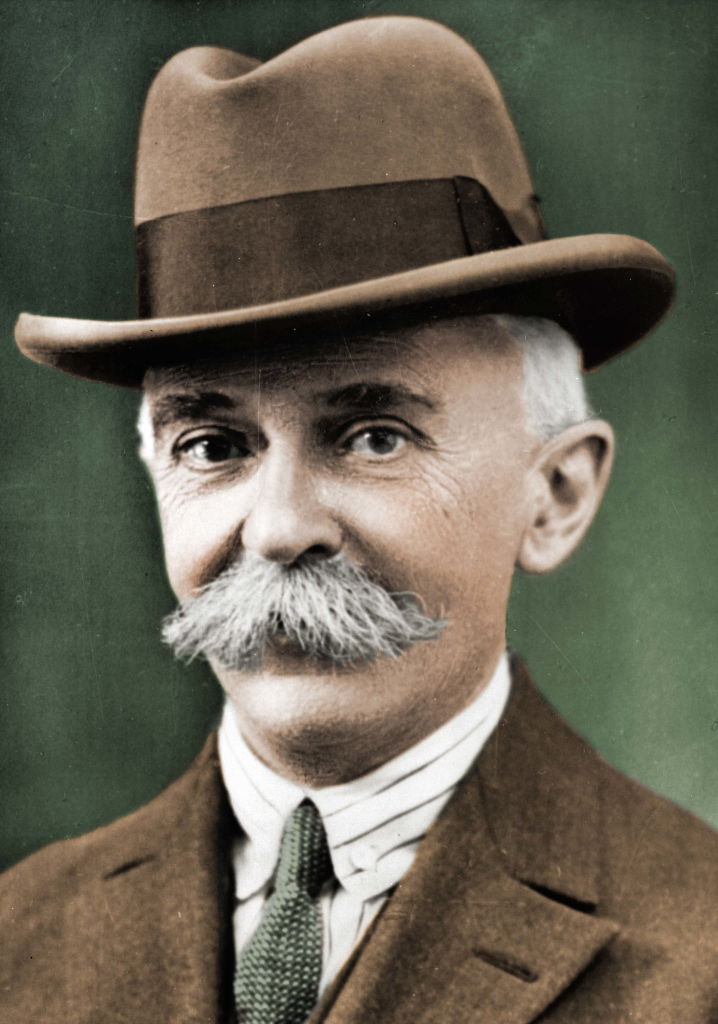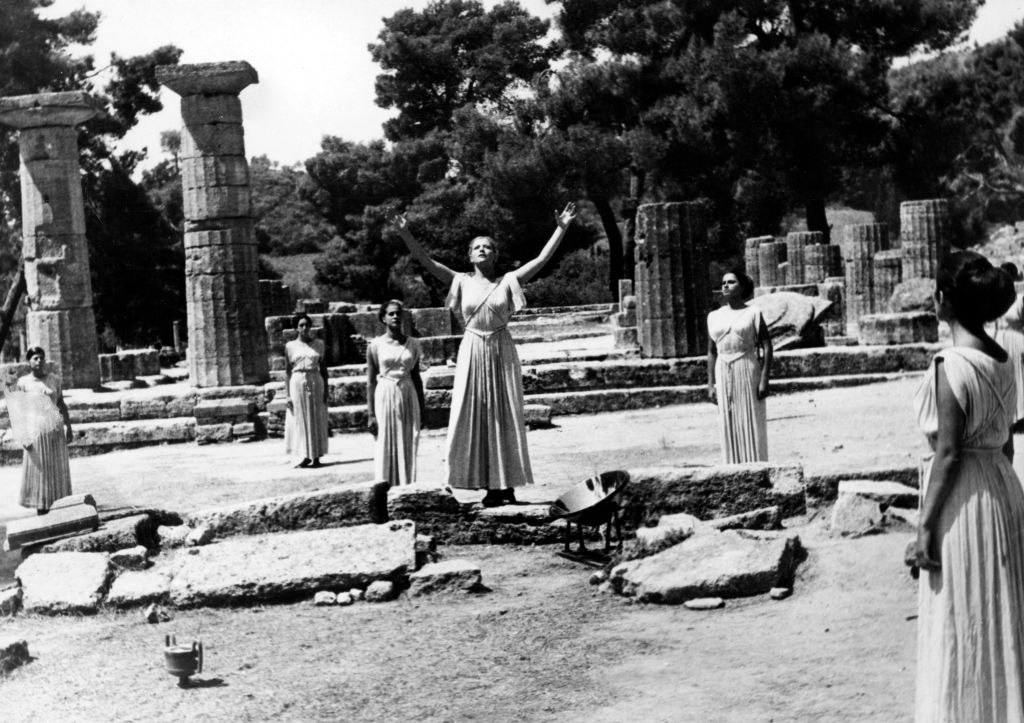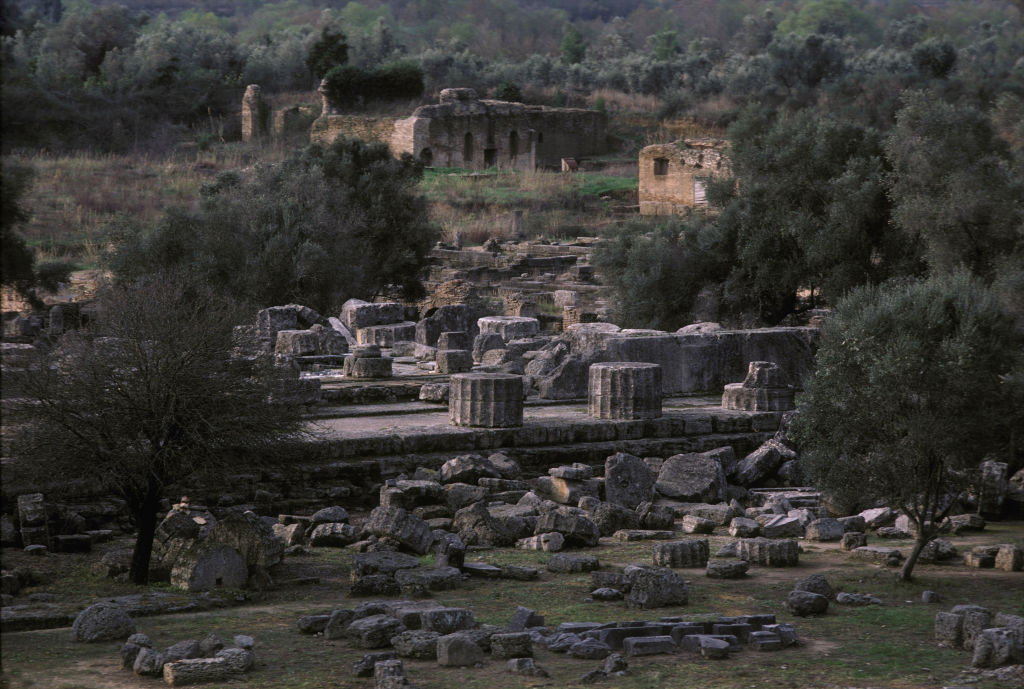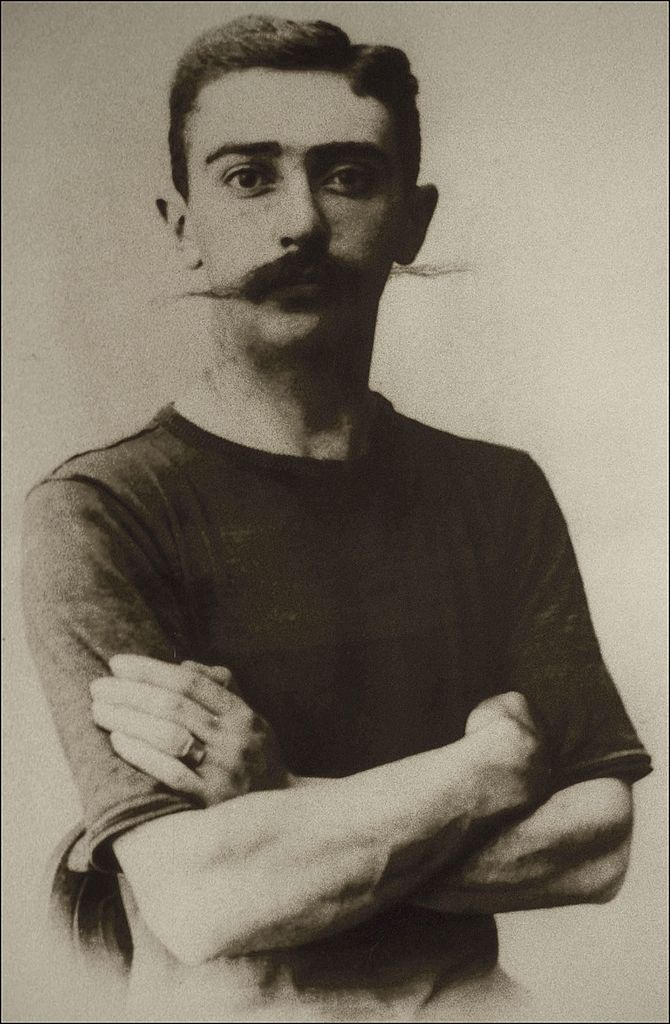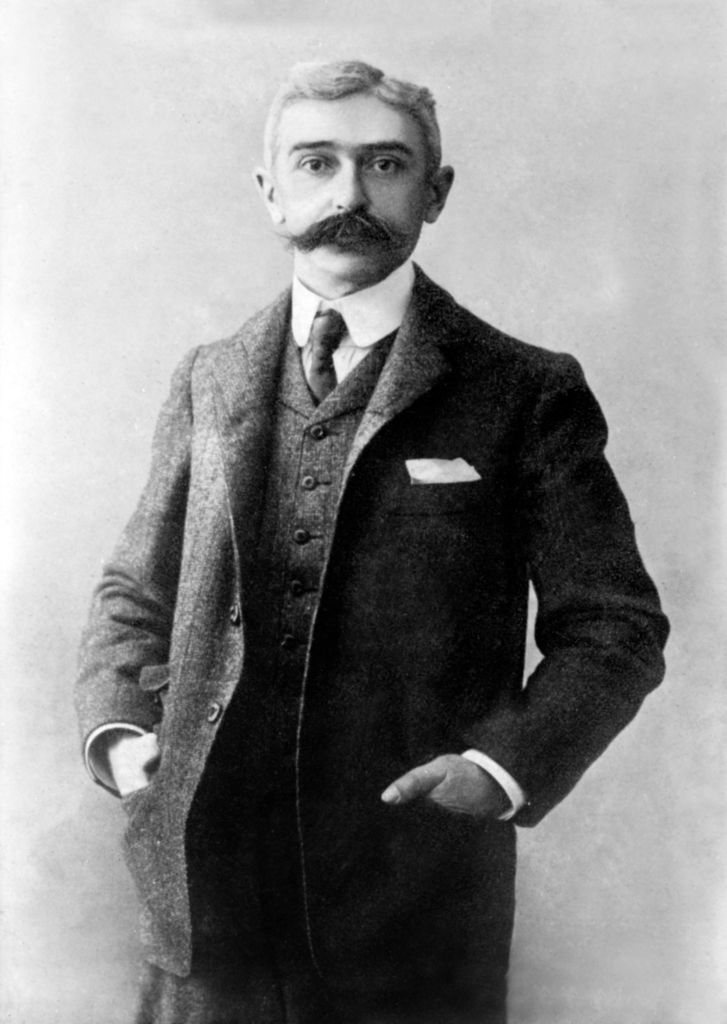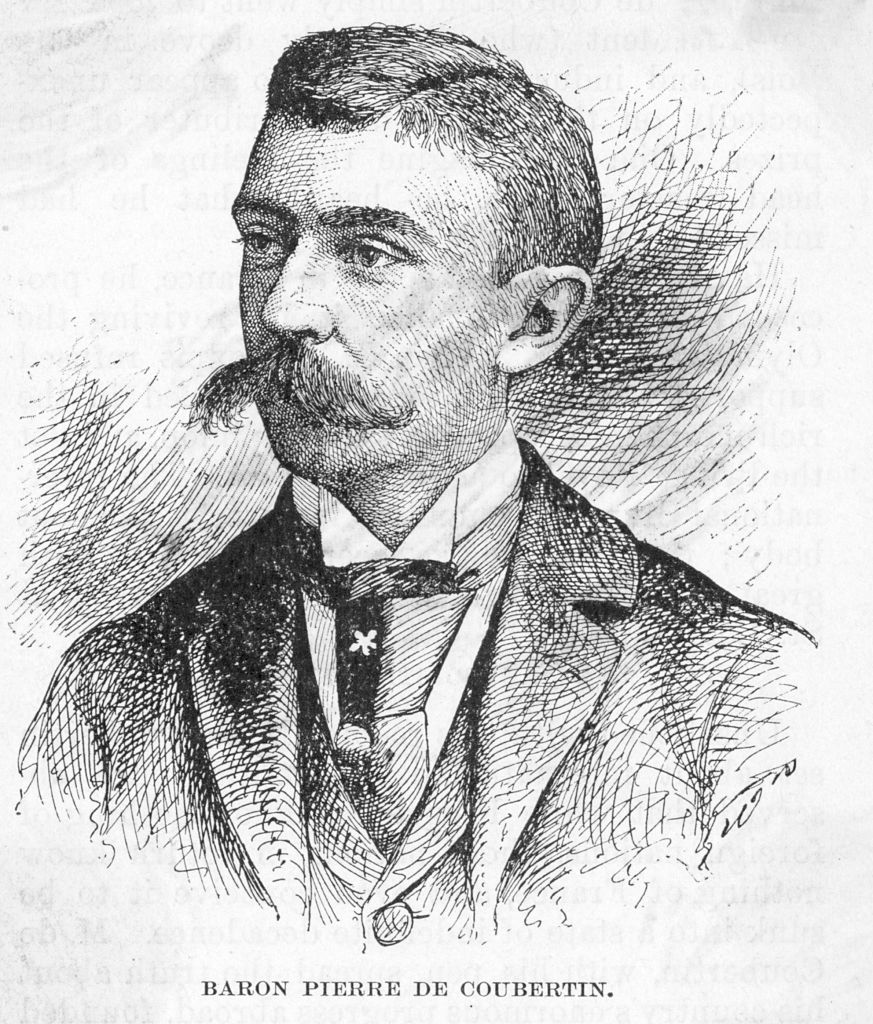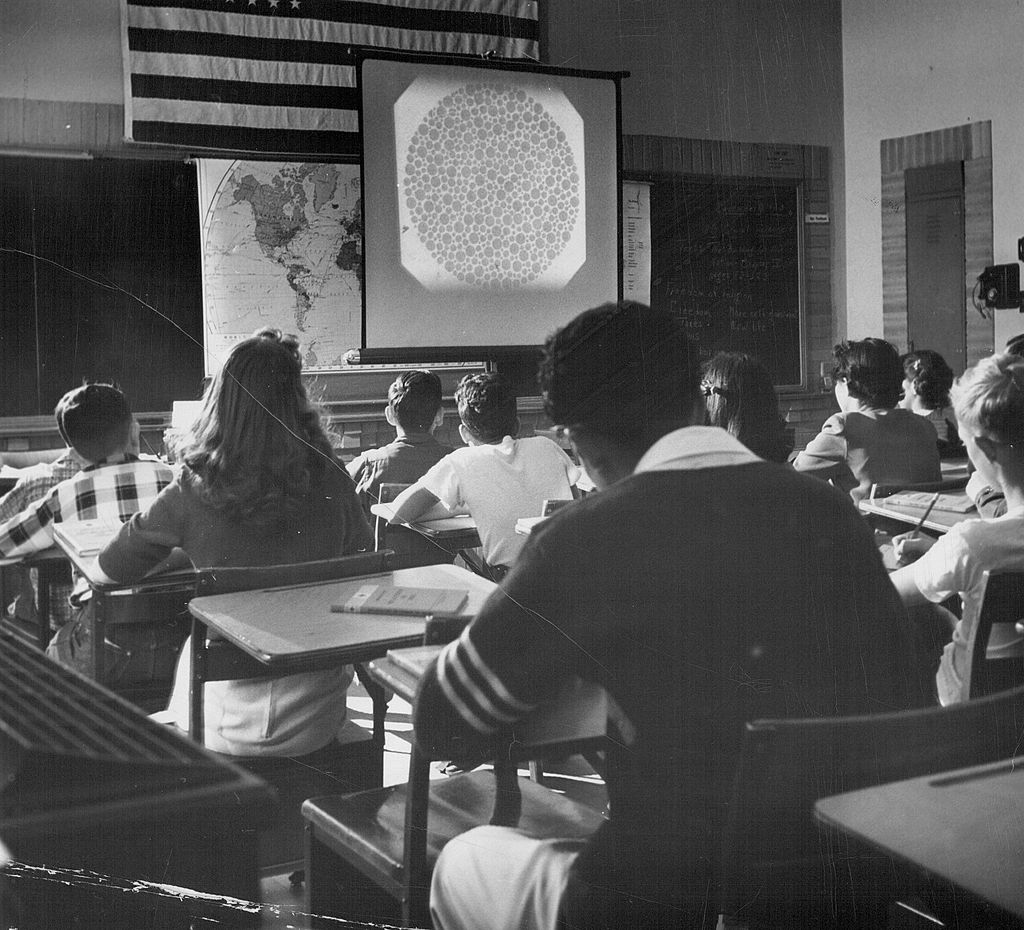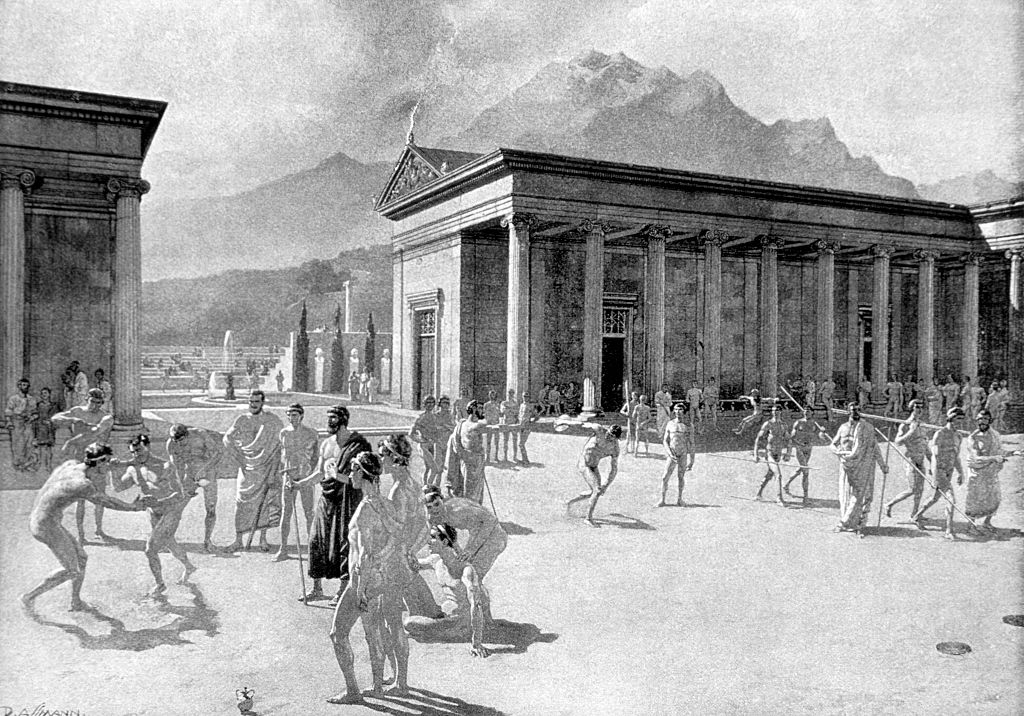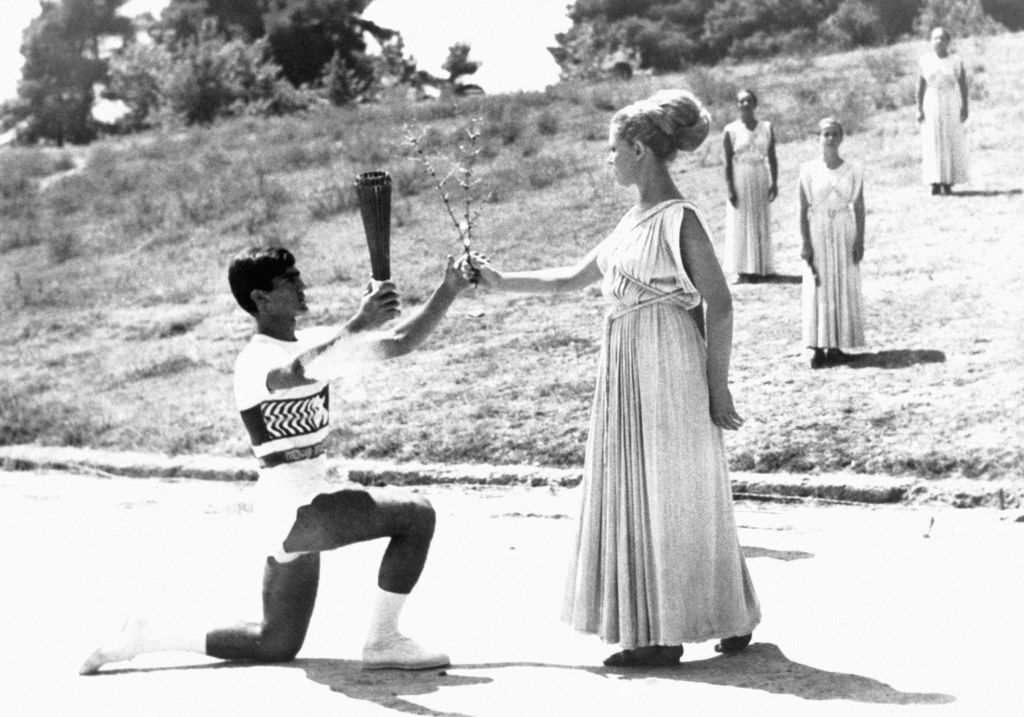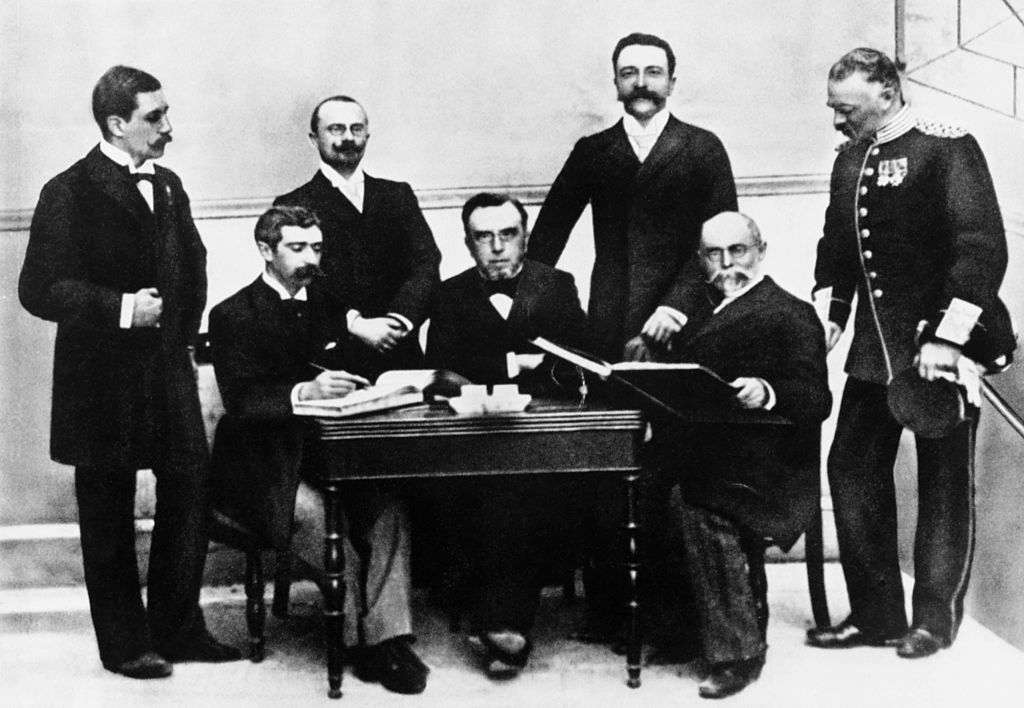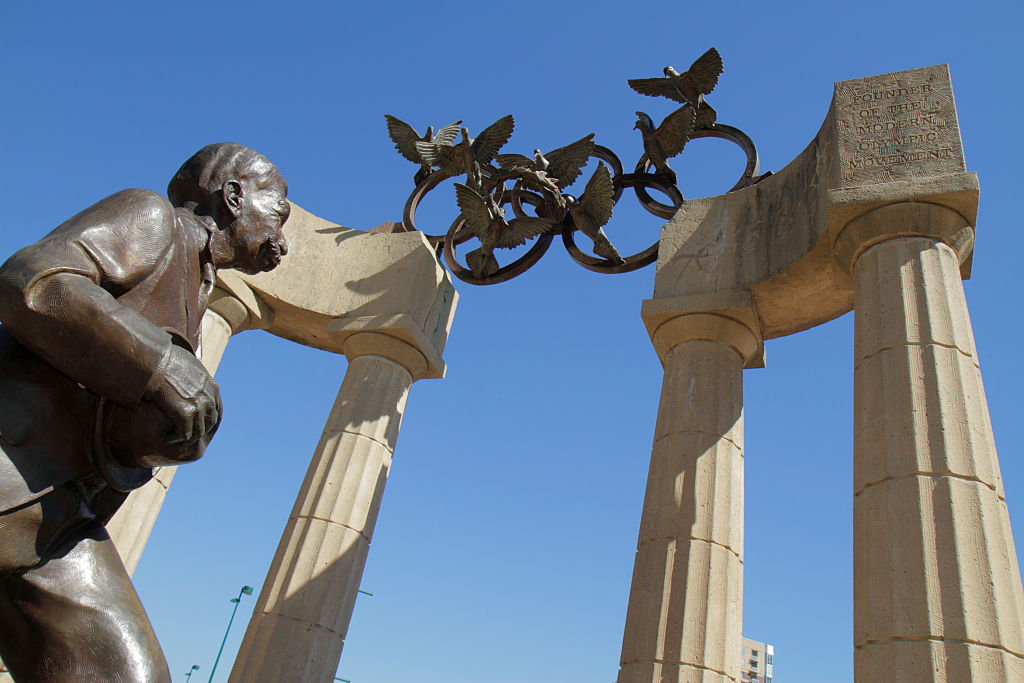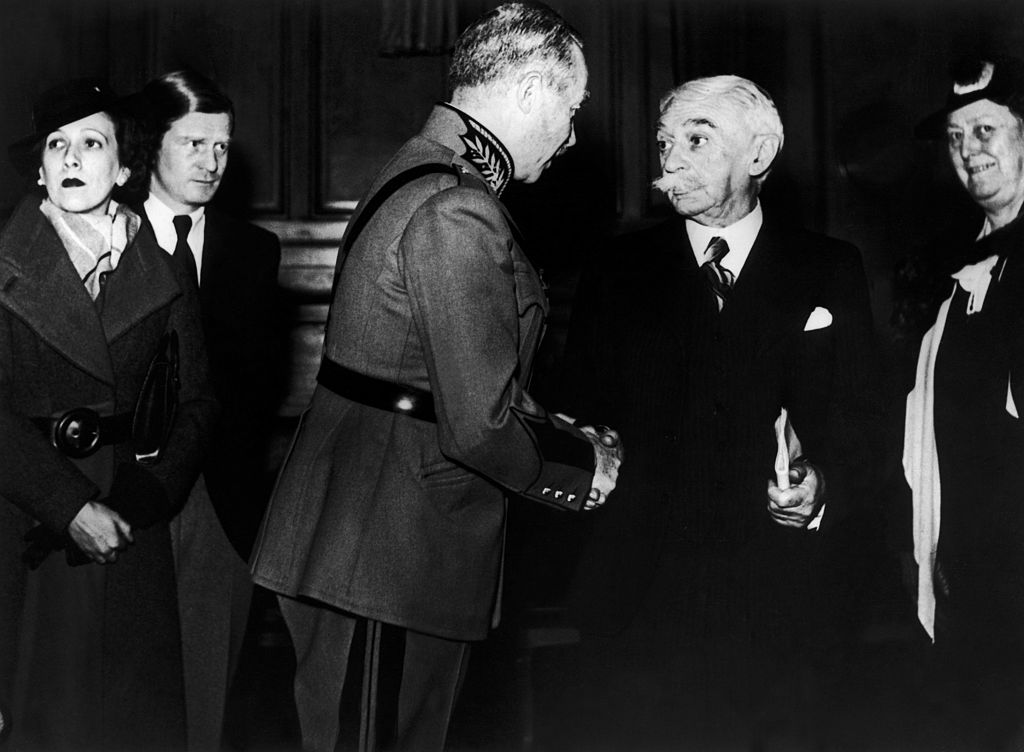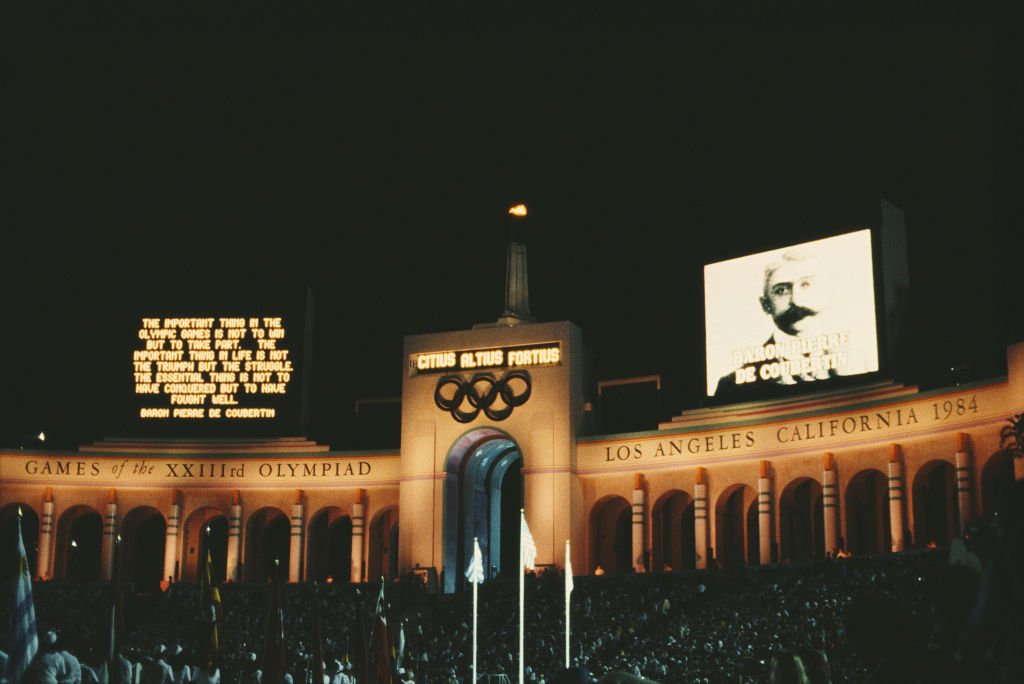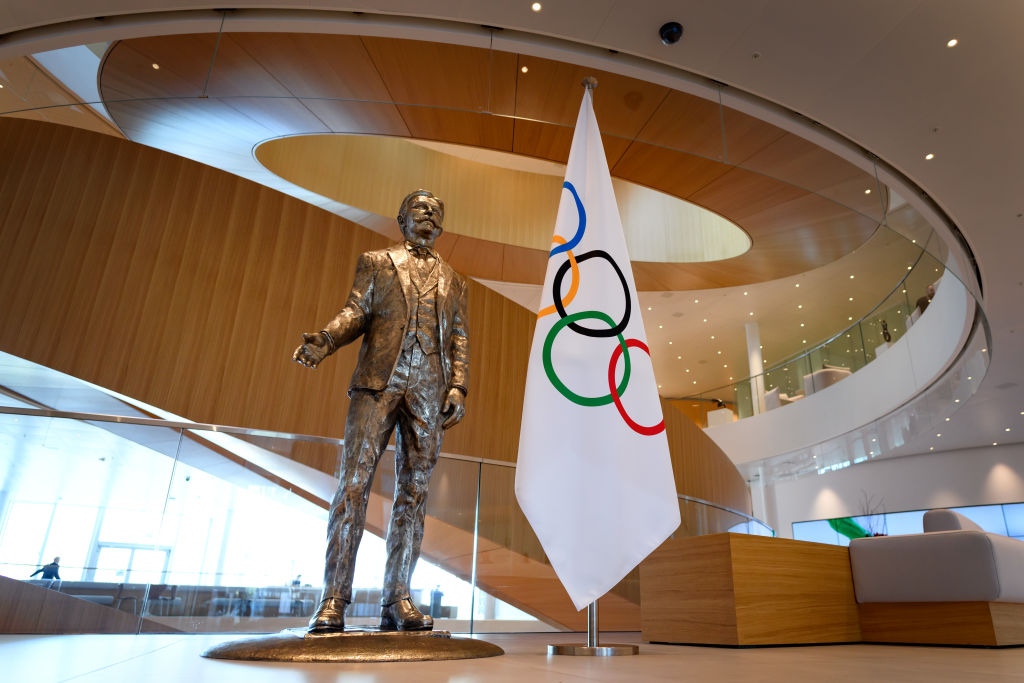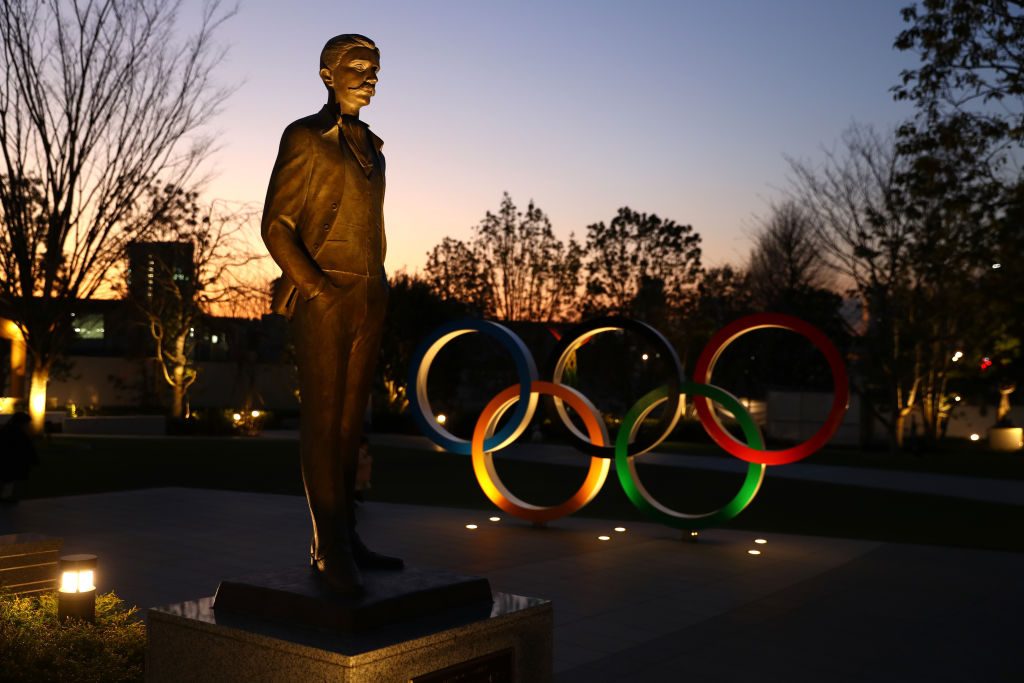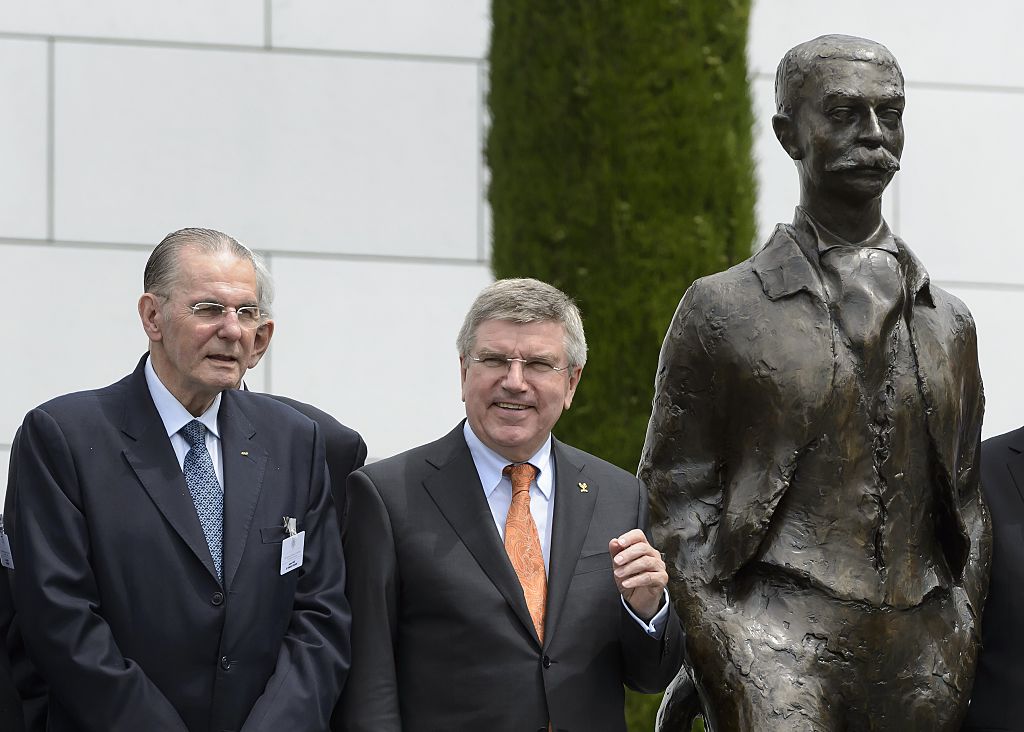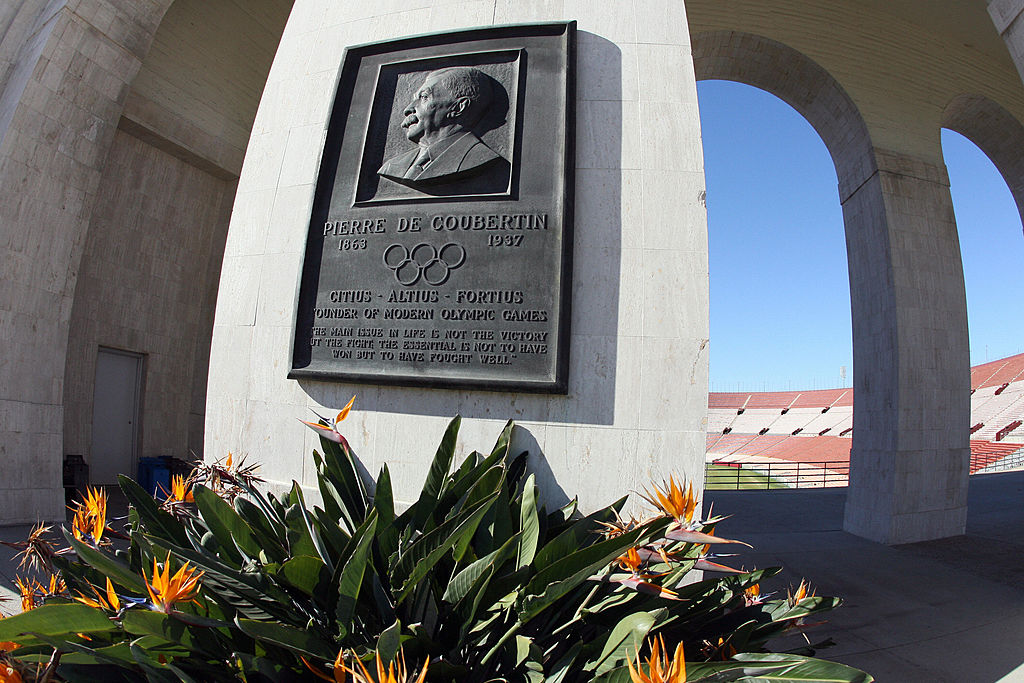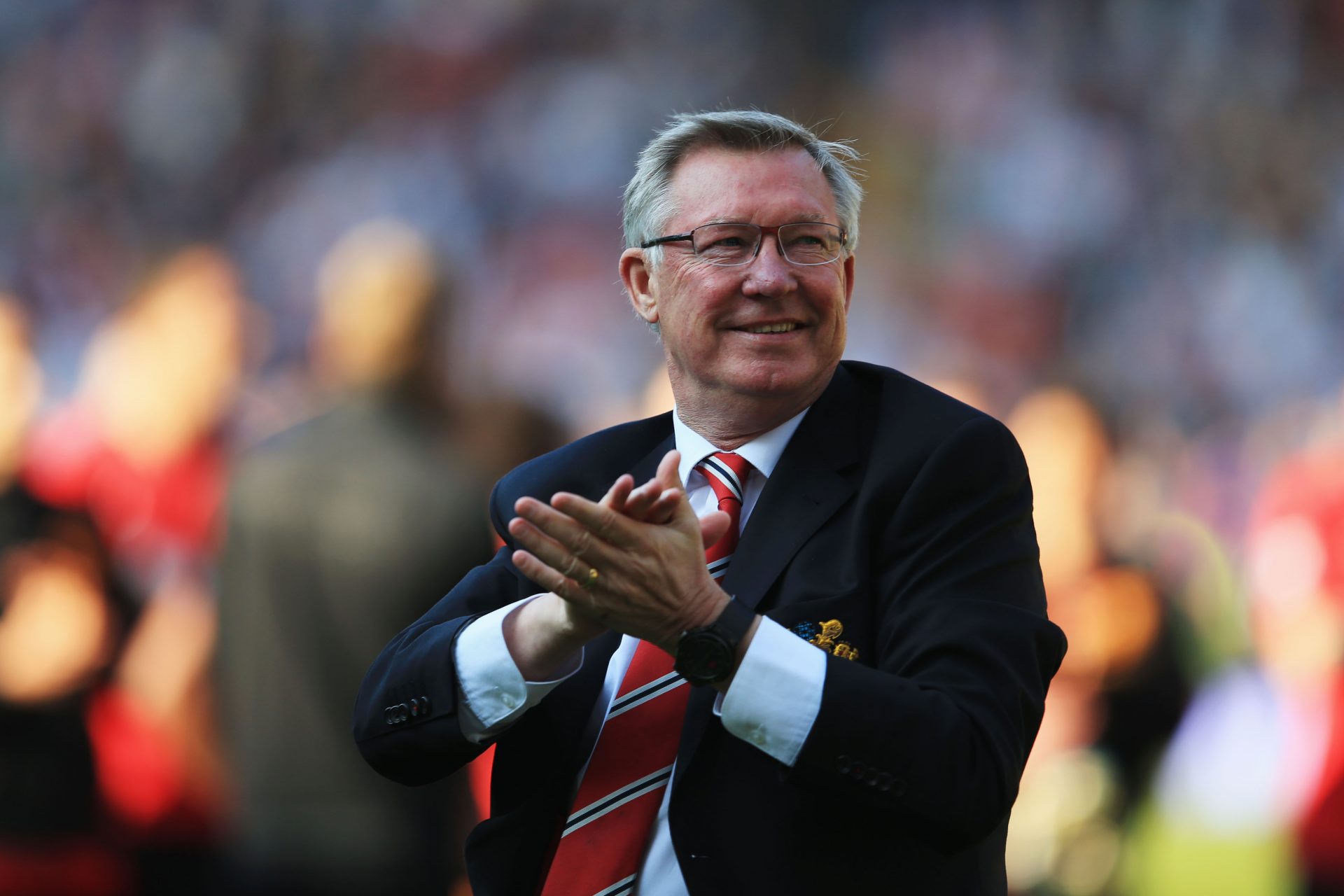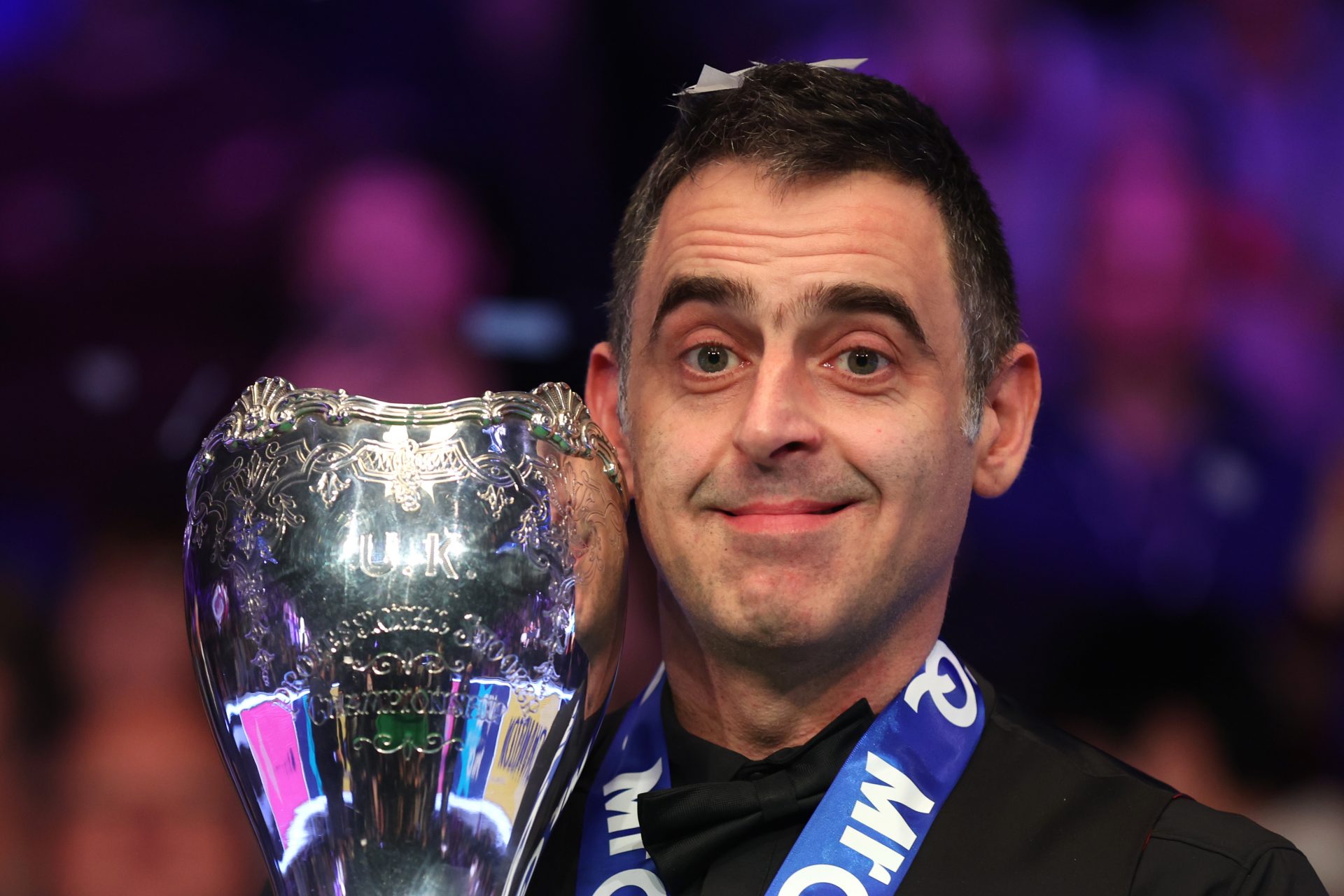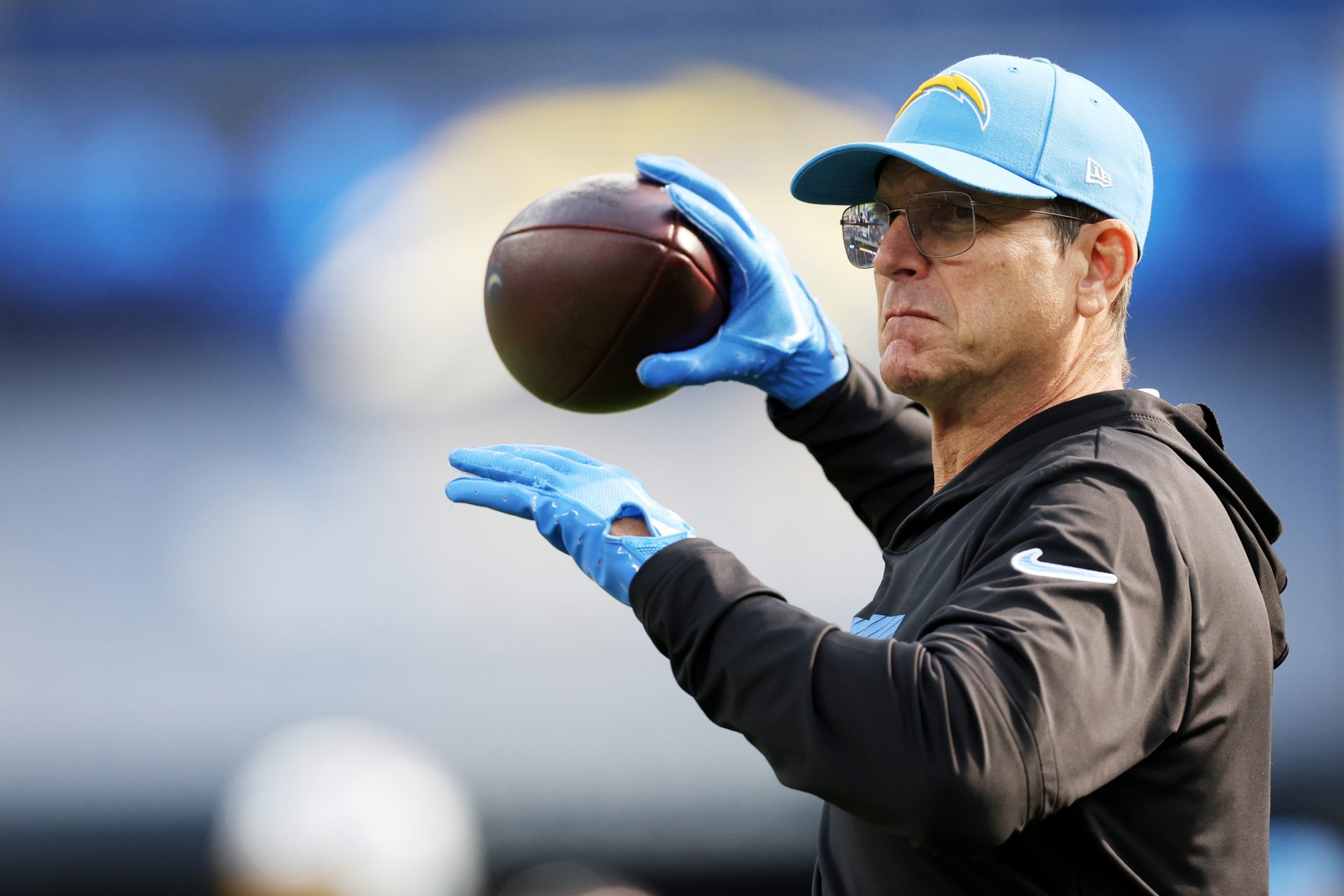Pierre de Coubertin – the man who invented the modern Olympic Games
Some men have crazy dreams... and then there is Baron Pierre de Coubertin. A French nobleman from a renowned family, Charles Pierre Fredy de Coubertin, had one aspiration: to recreate a tradition that had disappeared for more than 2000 years, the Olympic Games.
The first Olympic Games were created in the 8th century BC in Olympia (Greece). Initially reserved only for wealthy male Greek citizens, the Games were opened following the Roman invasion (146 BC) and became an ancestral tradition.
They were unfortunately banned in the year 393 by Emperor Theodosius I because of their ties to paganism. Despite several attempts to revive the Olympic Games, particularly after the discovery of the ruins of the sites of Olympia in the 17th century, the event was never really renewed.
Want to see more like this? Follow us here for daily sports news, profiles and analysis!
Everything changed thanks to the initiative of one man: Baron Pierre de Coubertin. The Frenchman, born January 1, 1863 in Paris, came from a noble family in the capital. Initially pre-destined for the army, he joined the Saint-Cyr school but decided, in 1882, to try his luck at the Free School of Political Sciences, where he obtained a bachelor of law in 1885.
Inspired by Anglo-Saxon culture, the young man was passionate about different sports such as rowing, boxing, equestrian, rugby, and fencing, as documented by the Olympics' official website.
However, it was pistol shooting that Pierre de Coubertin excelled at, and he was even crowned French champion in the sport several times.
His various stays in Great Britain allowed the Baron to observe the British school system, which he found to be much better than in France, particularly as they had introduced school sports such as rugby as part of the curriculum. Thus, from 1887 he devoted himself to improving the French educational system.
He launched a major campaign to promote school sports but failed to convince the teaching staff of its merit. He suddenly realized what would be the best way to showcase the power of sport: the Olympic Games.
Inspired by the Olympic Games of Zappas, organized in Athens in 1859 and 1870, De Coubertin then thought up a new project, based on a philosophy of life: Olympism.
On November 25, 1892 at the Sorbonne, Baron Pierre de Coubertin spoke at the Sorbonne and delivered a historic speech. In it, he calls for the return of the Olympic Games in front of an undecided public, as documented by the Olympics' official website.
Want to see more like this? Follow us here for daily sports news, profiles and analysis!
It was only two years later, in 1894, that the reinstatement of the Olympic Games was made official. An event which, like the Olympia Olympics, takes place every four years.
The baron worked on this project with the Greek writer Dimitrios Vikelas, appointed first president of the International Olympic Committee from 1894 to 1896. If Pierre de Coubertin wanted the first edition to take place in Paris for the 1900 Universal Exhibition, this one was finally organized in Athens in 1896.
On April 6, 1896, King George I officially launched the first Olympic Games of the modern era. De Coubertin was appointed president of the IOC after this first edition and will go on to promote Olympism and its international spirit.
On July 24, 1908, during a speech on the Olympic ideals, he uttered this now legendary phrase: "The important thing in these Olympics is less to win than to take part."
As the First World War approached, he decided to settle in Lausanne and establish the headquarters of the IOC there. It was during this period that he designed the Olympic rings and flag.
On January 13, 1919, he reaffirmed his wishes in the Gazette de Lausanne: "All sports are for everyone; this is undoubtedly a formula that will be accused of being madly utopian. I don't care. I have it long weighed and scrutinized; I know it to be exact and possible. The years and strength that remain to me will be used to make it a triumph."
After the Paris Olympic Games in 1924, De Coubertin resigned from his post as president of the IOC in 1925. The baron then distanced himself from the event and retired to Lausanne in Switzerland. On September 2, 1937, he suffered a heart attack and died at the age of 74.
Want to see more like this? Follow us here for daily sports news, profiles and analysis!
More for you
Top Stories



